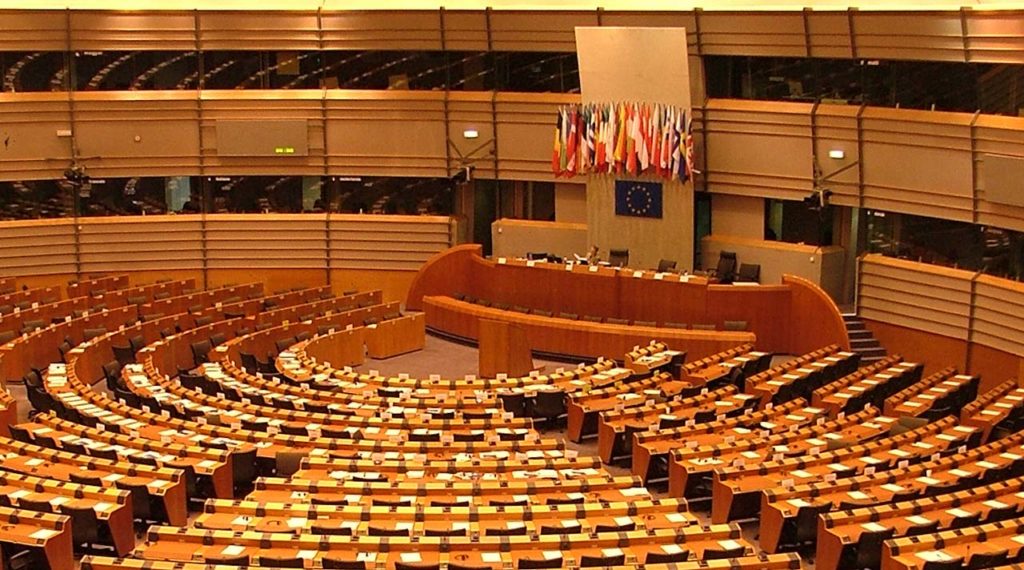On 14 September the European Parliament adopted a report on ‘The Future of the European Book Sector’. The report, welcomed by the Federation of European Publishers (FEP), marked the first time in a decade that the European Parliament has made specific recommendations for the book sector.
The report highlights both the cultural and economic significance of the book industry in the EU, which accounted for “12 percent of the EU average cultural expense” and had a “turnover of more than €23 billion” in 2021, as quoted by Publishing Perspectives.
The FEP has welcomed the report’s recognition of the importance of the book sector in providing cultural value and stresses the need to defend elements such as a “balanced value chain, freedom of expression, editorial diversity, and independence from censorship.” At the same time, the report acknowledges the societal responsibilities inherent in the book sector, including sustainability, accessibility, and support to states during conflict, while admitting the need to implement more EU programs that support the book sector. This would allow for more “translation, book circulation, innovation, and research.” Likewise, the Parliament stresses the importance of a fair online environment. It calls on online marketplaces to cease anti-competitive practices and for transparency in the use of data by generative AI tools.
Welcoming the report, Ricardo Franco Levi, President of FEP, said “the European Parliament made very important proposals to ensure that Europe remains the world leader of publishing, while facing the many challenges of the 21st century. I want to thank the Rapporteur, Tomasz Frankowski, as well as all the Parliament’s negotiators for their good collaboration and we call Member States and the Commission to implement in the next mandate the many good proposals of this report”.
Commenting on the adoption of the report FEP Director Anne Bergman-Tahon said: The recommendations contained in the report should form the backbone of future EU and Member States’ policies to support a healthy book sector.
The EU has a certain number of competences that directly affect the publishing industry: copyright and taxation to name just two yet it is the EU countries that implement EU legislation into their own laws. On cultural policies, the EU has very limited competences as foreseen by the EU treaty (Article 167 —The Union shall contribute to the flowering of the cultures of the Member States, while respecting their national and regional diversity and at the same time bringing the common cultural heritage to the fore.) Hence this report is addressed both to the Commission for a certain number of policies and programmes and to the Member States for both implementing the policies and developing national ones aimed at supporting books and reading.

